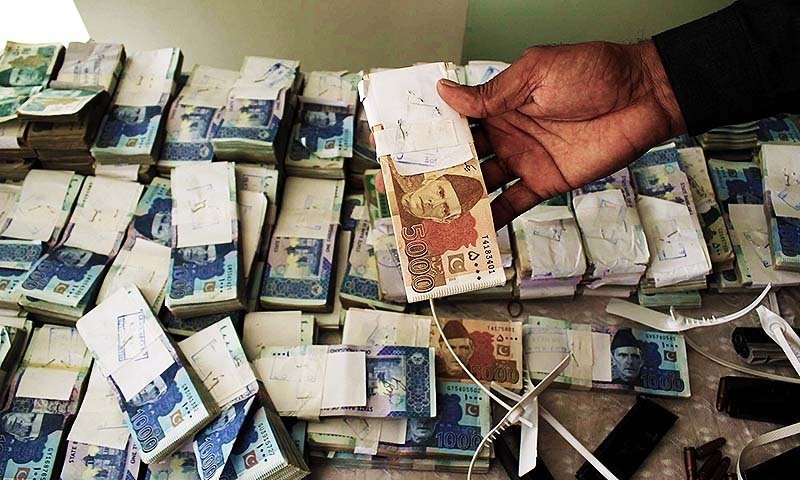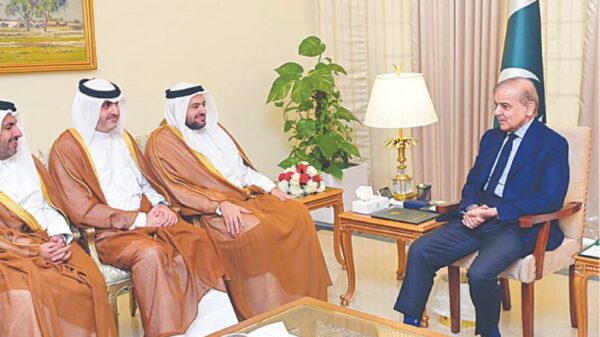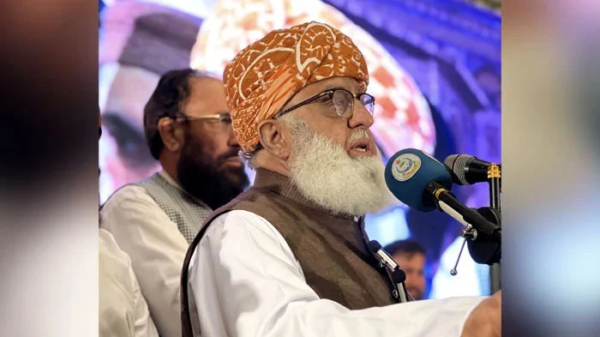Over the last year, bank deposits climbed by a significant 14% to Rs20.27 trillion in March, mostly because financial institutions loaned the deposits to the government, which is struggling to meet its fiscal gap.
Purchasing T-bills and Pakistan Investment Bonds (PIBs) from banks resulted in a 20 percent increase in lending to the government, according to statistics released by Pakistan’s central bank on Wednesday.
Banks have kept their lending rates higher because of the increasing demand for government money. The State Bank of Pakistan (SBP) said that the cut-off rates on three to 12-month T-bills rose by 55-70 basis points to 13.5-13.85 percent on Wednesday.
An Arif Habib Limited (AHL) Economist, Sana Tawfik claimed that the government’s significant thirst for borrowing from commercial banks was driven by the central bank’s prohibition on borrowing from it, a high inflation figure, and delays in restarting the IMF loan programme.
T-bill yields have risen significantly, showing that banks expect another interest rate rise soon despite the central bank’s decision to raise rates by 250 basis points to a two-year high of 12.25 percent earlier this month.
The AHL House expects the key policy rate to remain unchanged at 12.25 percent when the next monetary policy decision is made on May 23, she added.
She quoted SBP Governor Reza Baqir as saying, “There is nothing left on the table,” after raising the main policy rate aggressively during the most recent emergency meeting.
Against a budget of Rs600 billion, the government was able to raise Rs614 billion by selling three to 12-month bills. The banks have offered the government 914 billion dollars in the current auction of loans.
Increasing inflow of remittances sent home by Pakistani employees working abroad, as well as the rupee’s devaluation versus the US dollar, have kept deposits growing, she noted.
In March, Pakistani expatriates sent home a record-breaking $2.8 billion in remittances. At a rupee-to-dollar conversion rate of Rs185, that translates to Rs518 billion. Every month, a portion of the incoming funds get deposited.
According to AHL, the commercial banks’ investment to deposit ratio (IDR) — deposits loaned to the government through the acquisition of government papers — increased sharply by 321 basis points to 73% in March from the same month last year.
The rise in IDR and cut-off yields indicate that rulers are primarily depending on domestic institutional finance to address budgetary shortfalls.
After the IMF’s demands and changes to the SBP independence act, the government can no longer borrow from central banks.
Commercial banks were also encouraged to charge a profit rate on T-bills because of the high inflation rate of 12.7 percent in March. High global commodity costs, particularly for petroleum oil products, have kept inflation high in Pakistan. These items are imported to fulfil domestic demand.
Upon the resumption of Pakistan’s IMF loan programme of $6 billion, which has been put on hold temporarily, cut-off yields should fall, according to her.
Commercial bank loans to the private sector was also rising. In March, bank advances increased by 20% to Rs10.33 trillion.
There has been a 241 basis point increase in the advance to deposit ratio over the past year to 50 percent.
Concessionary and subsidised lending programmes for firms and consumers, according to Ismail Iqbal Securities’ Head of Research Fahad Rauf, have helped to boost advances (credit to the private sector).
Some of these programmes include the temporary economic refinancing facility (TERF) to help businesses expand and set up new ones, low-cost house financing like Mera Ghar Mera Pakistan, export finance scheme (EFS) and long-term finance facility (LTFF) for machinery imports and working capital, according to the finance minister’s remarks.
Works at The Truth International Magazine. My area of interest includes international relations, peace & conflict studies, qualitative & quantitative research in social sciences, and world politics. Reach@ aimen.bukhari@tti.org.pk










